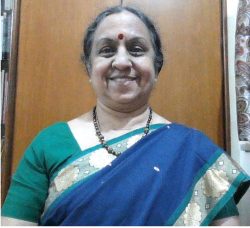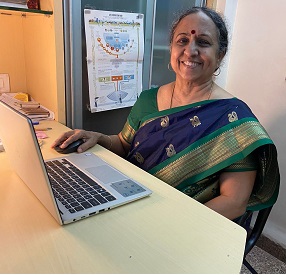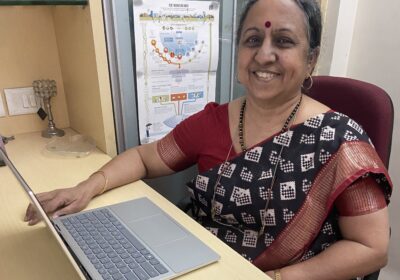“As we go into research, we tend to focus on large things rather than small and minute details. So this course has provided me with the information on some minute details and searching process which I never acknowledged. Having this knowledge would make our search processes easier and faster.” – Binisha – Postgraduate student – Physiotherapy (Cardiopulmonary Sciences), SMIMS
Just this morning, we got the above feedback for our basic course – “Information Resources & Literature Searching” and were delighted. Happy not for a “positive feedback” (we get lots of those and are grateful for them) but because we felt that only once in a while people seem to understand the true importance of what we teach.
In research, the task of literature searching, to find the right articles to base your research on, is just like getting the right bricks, cement and other raw material to construct a building. If we use poor raw materials, then the quality of buildings is just as poor
But somehow the need to do a structured, methodologically correct search seems to be given little thought. I like describing this as a “they don’t know what they don’t know syndrome”
Consider these situations:
- A professional wanting to do her PhD was referred to us to learn some basics. She enroled, did just couple of lessons and then nothing more. Two months later she called and said “I have gone through several papers, but I have not found anything really useful. Can you sit with me for an hour or so and guide me – to find the right papers, review them and get me to start writing”?
- Institutions who we approach – offering our courses – sometimes respond – “Research is not part of the requirement for (specific batch) of students. They may not be interested”. Or – “People do not have the time to do all this extra learning”
My response has been:
- To the PhD scholar – “You have wasted time randomly picking out articles and reading the wrong ones. Decide to spend a few hours and learn. Send me your search strategy and I will guide you. My spending an hour will be much more productive, once you do this”
- To institutions – What we teach is a lifelong skill and not only for research. And you (head / faculty) need to tell your students this. Do realize this is not “extra learning” but learning skills that will be useful during your entire career – both – to save time and also to do better professionally
We need lots more people to talk about the importance of learning the right skills in literature searching & referencing, stressing that these are the crucial foundations of research and practice.




